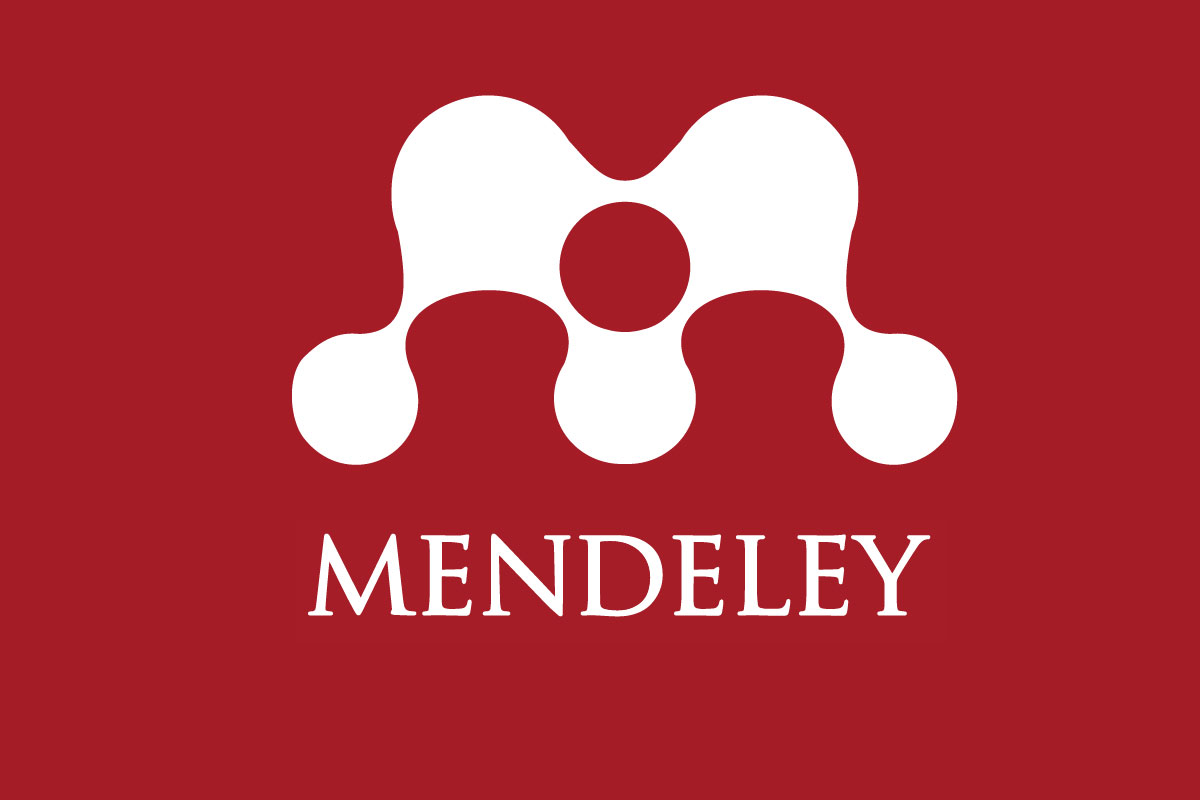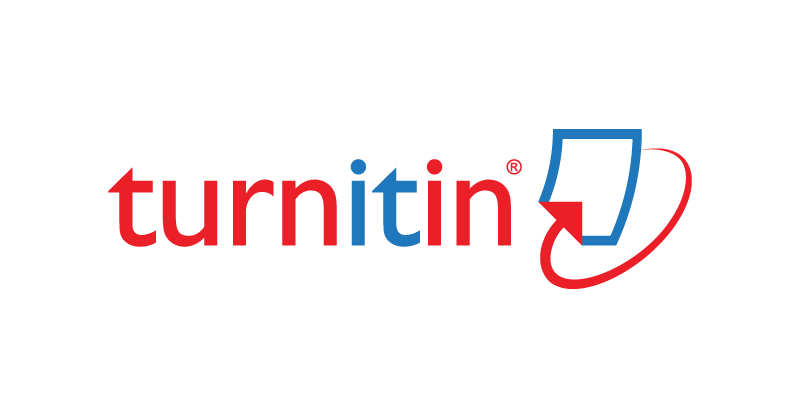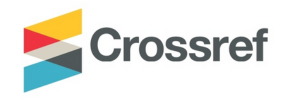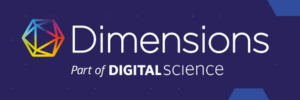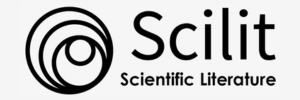Continuous Improvement In Improving The Quality Of Education At SMP IT Abu Bakar Yogyakarta
DOI:
https://doi.org/10.63605/ln.v2i1.33Keywords:
continuous improvement, quality improvement, educationAbstract
Introduction to The Problem: Education is the main foundation for developing human potential and improving living standards. However, implementing high-quality education requires quality components, including good system planning, suitable educational materials, and teacher competence in delivering materials. SMPIT Abu Bakar Yogyakarta, an integrated Islamic school, is committed to being a school of excellence in terms of international character and science. This study aims to analyze the application of continuous improvement to improve the quality of education at SMPIT Abu Bakar Yogyakarta. Purpose: This study explores how SMPIT Abu Bakar Yogyakarta applies the principle of continuous improvement in four dimensions: organizational management, administration and finance, human resources, and learning. The aim is to find out the strategies and methods used by this school in improving the quality of education and how they impact the achievement of educational goals. Design/methods/approach: Qualitative descriptive research methods are used, with observation, interview, and documentation techniques. Data is collected, reduced, presented, and conclusions drawn. Data triangulation techniques were used to verify the validity of the research data. Findings: SMPIT Abu Bakar Yogyakarta has successfully applied the principle of continuous improvement in organizational management, administration and finance, human resources, and learning. The school has implemented an education and financial management system, improved teacher competence, and used an industry-based technology learning model. The results showed that applying TQM in educational organizations made a real contribution to improving the quality of education. Research implications/limitations: The results of this study provide insight into how schools can apply the principle of continuous improvement to enhance the quality of education. However, this research is limited by the scope of study specific to SMP IT Abu Bakar Yogyakarta and may not be universal for all school conditions. Originality/value: This study adds knowledge on how schools can apply the principle of continuous improvement in education, especially in the context of integrated Islamic schools. The results can be used as a reference for other schools looking to improve the quality of their education.
Downloads
References
Albaker, K. (2017). Analytical view of Bahrain’s government schools’ performance: A quality perspective. Sage Open, 7(4), 2158244017736555.
Alif, M. H., Pujiati, A., & Yulianto, A. (2020). The effect of teacher competence, learning facilities, and learning readiness on students’ learning achievement through learning motivation of grade 11 accounting lesson in Brebes Regensy vocational high school. Journal of Economic Education, 9(2), 150–160.
Amos, O., Ephrahem, G., & Bhoke-Africanus, A. (2021). Effectiveness of school heads’ financial management skills in provision of quality education in secondary school. Journal of Education, Society and Behavioural Science, 34(2), 20–28.Aziz, A. (2015). PENINGKATAN MUTU PENDIDIKAN. Jurnal Studi Islam: Pancawahana, 10(2), 1–13.
Bejinaru, R. (2019). Impact of digitalization on education in the knowledge economy. Management Dynamics in the Knowledge Economy, 7(3), 367–380.
Celik, B. (2018). The effect of iso 9001 quality management system on education institutions (a case study of Ronaki Duhok education company in Iraq). Int’l Journal of Management Innovation Systems, 3(1), 6–24.Fattah, N. (2013). Sistem Penjaminan Mutu Pendidikan Dalam Konteks Penerapan MBS, Bandung: PT. Remaja Rosdakarya.
Fuadi, A., & Suyatno, S. (2020). Integration of nationalistic and religious values in islamic education: Study in integrated islamic school. Randwick International of Social Science Journal, 1(3), 555–570.
Hasan, M., Warisno, A., Harahap, N., & Murtafiah, N. H. (2022). Implementasi Manajemen Mutu Terpadu Dalam Meningkatkan Mutu Lulusan Di SMP IT Wahdatul Ummah Kota Metro. An Naba, 5(2), 34–54.
Komariah, A., & Triatna, C. (2006). Visionary leadership menuju sekolah efektif.Miles, M. B., & Huberman, A. M. (1984). Qualitative data analysis: A sourcebook of new methods. In Qualitative data analysis: a sourcebook of new methods(p. 263).
Mulyasana, D., & Fauzia, A. (2015). Pendidikan bermutu dan berdaya saing.Rahmah, U. (2018). The Implementasi Total Quality Management (TQM) di SD Al-Hikmah Surabaya. MANAGERIA: Jurnal Manajemen Pendidikan Islam, 3(1), 111–131.
Ratheeswari, K. (2018). Recent trend of teaching methods in education" organised by Sri Sai Bharath College of Education Dindigul-624710. India Journal of Applied and Advanced Research, 3, 45–47.
Sina, R., Fatmawati, A. M., & Mahsyar, A. (2020). Penerapan Education Management Information System (Emis) Di Lembaga Pendidikan Keagamaan Dan Pondok Pesantren Pada Kantor Kementerian Agama Kota Makassar. Journal of Public Policy and Management, 1(1).
Suaeb, S. (2022). PENERAPAN PRINSIP CONTINUOUS IMPROVEMENT DALAM TOTAL QUALITY MANAGEMENT UNTUK MENINGKATKAN MUTU PENDIDIKAN. Jurnal PenKoMi: Kajian Pendidikan Dan Ekonomi, 5(1), 12–27.
Talapatra, S., Uddin, M. K., & Rahman, M. H. (2018). Development of an implementation framework for integrated management system based on the philosophy of total quality management. American Journal of Industrial and Business Management, 8(6), 1507–1516.
Timor, H., Saud, U. S., & Suhardan, D. (2018). Mutu Sekolah; Antara Kepemimpinan Kepala Sekolah Dan Kinerja Guru. Jurnal Administrasi Pendidikan, 25(1), 21–30.
Downloads
Published
How to Cite
Issue
Section
License
Copyright (c) 2024 Linguanusa : Social Humanities, Education and Linguistic

This work is licensed under a Creative Commons Attribution-ShareAlike 4.0 International License.
Similar Articles
- Ahmad Maruf, Okta Nurma Vitriana, Suyadi, The Dichotomy of Knowledge In Islamic Education: An Analysis Of The Existence Of The Faculty Of Tarbiyah And Teacher Training , Linguanusa : Social Humanities, Education and Linguistic : Vol. 2 No. 1 (2024): Linguanusa : April 2024
You may also start an advanced similarity search for this article.







